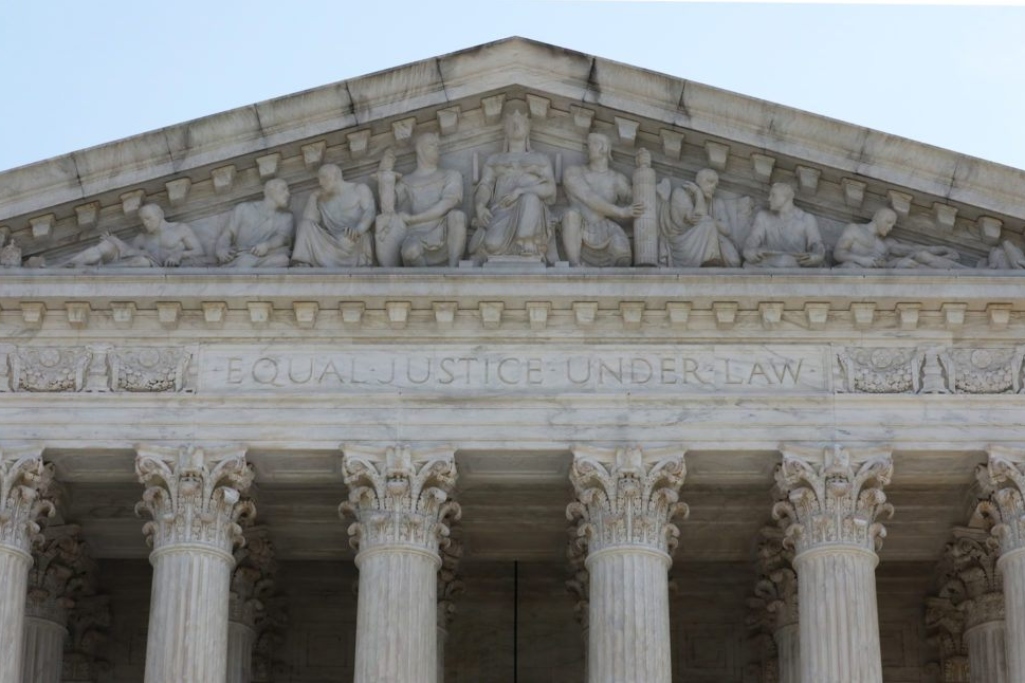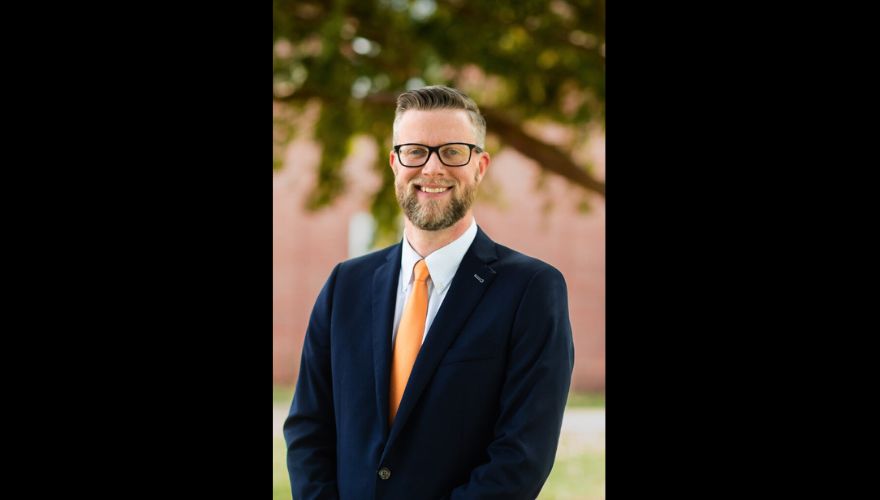
The U.S. Supreme Court.
WASHINGTON (BP) — The Southern Baptist Ethics & Religious Liberty Commission (ERLC) is among 11 faith groups asking the U.S. Supreme Court to affirm that a Catholic benevolent ministry qualifies for a tax exemption granted to churches.
At issue is the Wisconsin Labor and Industry Review Commission’s ruling that the Catholic Charities Bureau (CCB) and its four sub-entities, which provide various social services to a diversity of needy communities, do not operate for religious purposes and don’t qualify for an exemption from the state’s unemployment insurance program.
The exemption sought would allow the bureau and its sub-entities to enroll in the Wisconsin Bishops’ Church Unemployment Pay Program (CUPP), which the Catholic plaintiffs contend is more efficient, less costly and provides the same benefits as the state’s program.
In an amicus brief filed Feb. 4, ERLC joined denominations which the plaintiffs’ attorneys said represent more than 90 million Americans, urging the High Court to rule in favor of the church in the case that dates to 2016.
“It is not right for the government to prescribe religious practice or compel a religious group to conform to its standards of what qualifies as ‘real’ religion,” ERLC Vice President Miles Mullin told Baptist Press. “In fact, the state has no right to impose penalties for religious opinions of any kind. The state of Wisconsin is doing just that in its determination that the mercy ministry of the Catholic Diocese of Superior did not meet its standards for ‘real’ religious activity and thus disqualified them for a tax exemption.”
CCB, the social ministry arm of the Diocese of Superior in Wisconsin, serves those in need as “an effective sign of the charity of Christ,” according to court documents, but makes no distinction of religion in its services or employment. Its sub-entities, the state pointed out in denying the tax exemption, require neither employees nor those served to be Catholic and do not offer religious training nor attempt to promote the Catholic faith.
“According to the state, the diocese was not organized in the right way, did not undertake its ministries in the right way and did not hire the right people,” Mullin told Baptist Press. “As stated in the ERLC’s amicus brief, how religious groups, including Southern Baptists, choose to fulfill their mission is beyond the state’s authority to direct. The government has no competency to judge such matters. That judgment must be left to God.”
Joining ERLC in the amicus brief are the General Conference of Seventh-day Adventists, the United States Conference of Catholic Bishops, The Lutheran Church-Missouri Synod, The United Methodist Church, the Assembly of Canonical Orthodox Bishops of the United States of America, the Union of Orthodox Jewish Congregations of America and others.
The denominations as well as the plaintiffs “would be severely undermined if the First Amendment allowed the government to second-guess their decisions on matters of church government such as a religion’s organizational structure or employment or service decisions,” attorneys wrote in the brief.
Becket Law represents the plaintiffs, also supported in amicus briefs by the U.S. Department of Justice, 19 states led by Ohio and various legal scholars.
“This outpouring of support shows just how ludicrous Wisconsin’s position is,” Becket Vice President and Senior Counsel Eric Rassbach said. “As these vast swathes of society attest, courts should not be in the business of telling churches how to church. We’re confident the Court will confirm that commonsense principle.”
In addition to Ohio, states voicing support for the plaintiffs are Alabama, Arkansas, Florida, Georgia, Idaho, Iowa, Kentucky, Louisiana, Mississippi, Missouri, Montana, Nebraska, the Dakotas, South Carolina, Utah, Virginia and West Virginia.
The U.S. Supreme Court agreed in December 2024 to hear the case, with a decision anticipated this spring.
(EDITOR’S NOTE — Diana Chandler is Baptist Press’ senior writer.)


